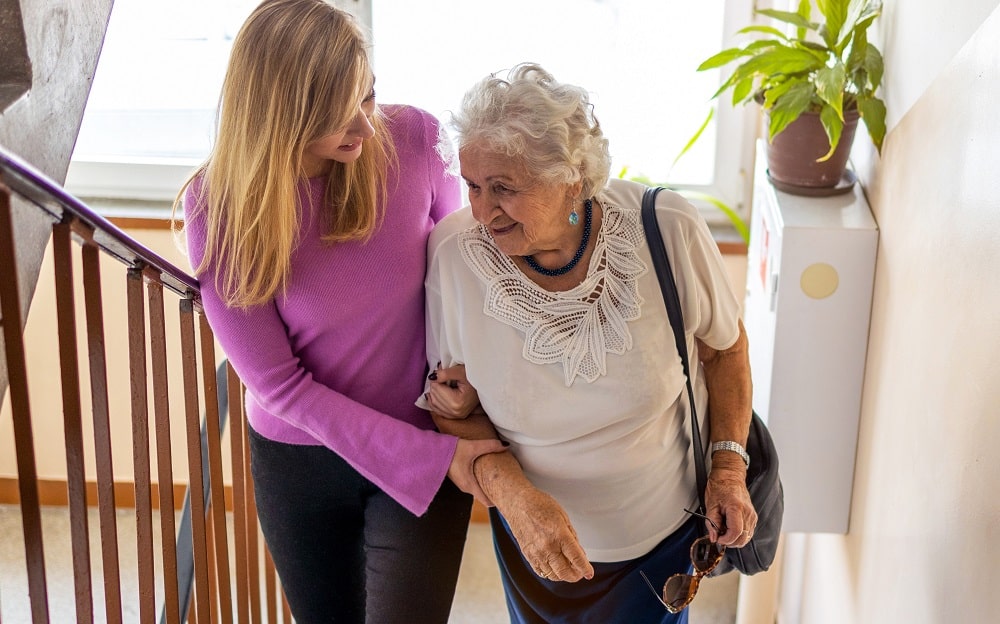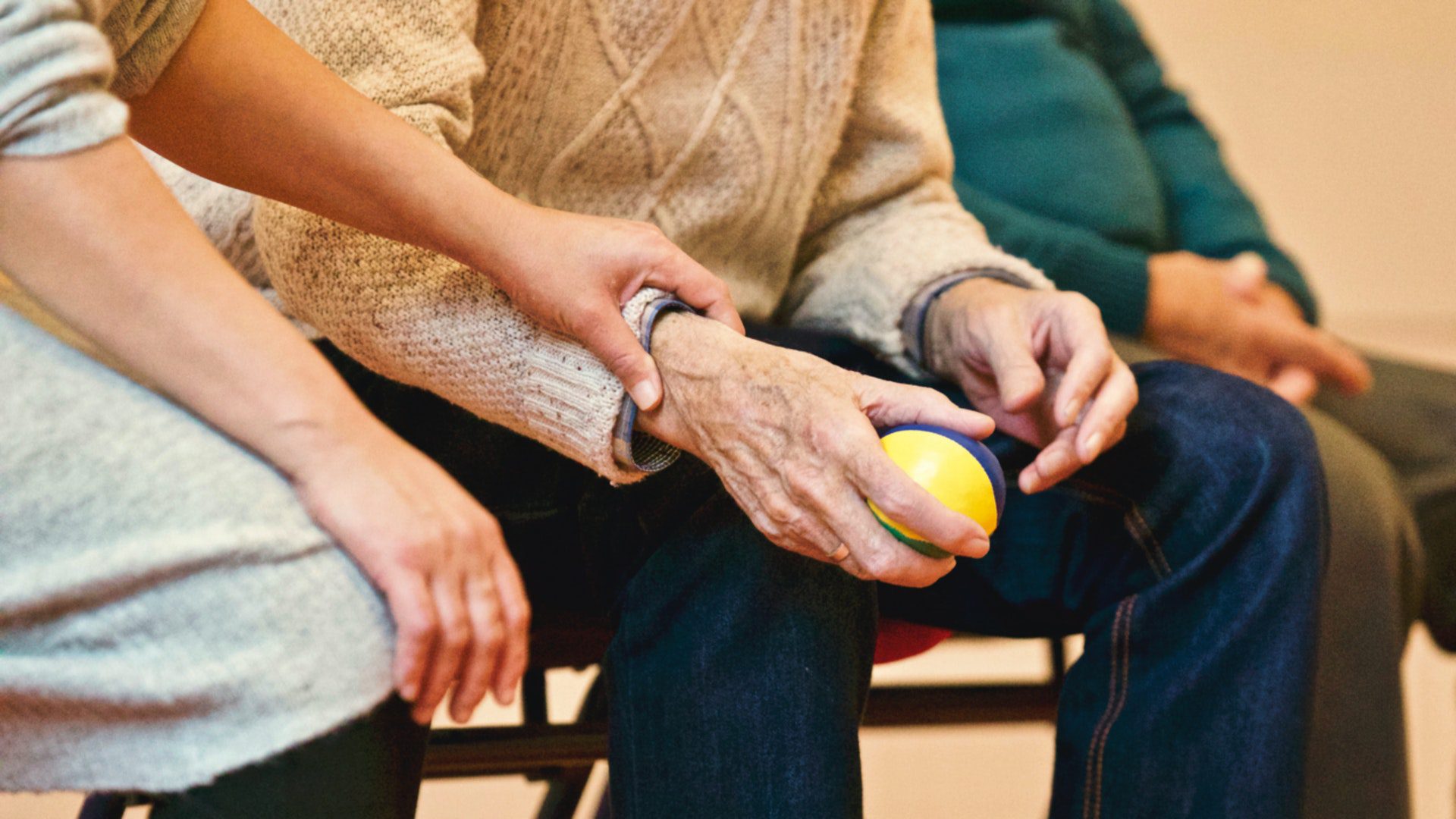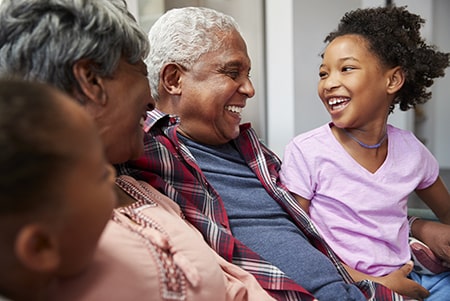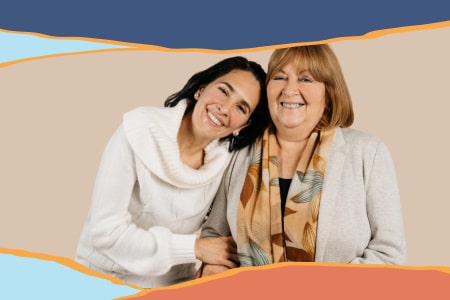Home & Community Based Services
Resources

How the Care-Coaching Model Empowers Caregivers
Providing care for an older family member or friend isn’t something most people are prepared to do. Many individuals who find themselves in a family caregiver role weren’t expecting to take on such responsibility, and they often lack the time, knowledge or tools to do everything they feel they need to do.
Read More
Helping an Older Loved One Maintain Good Oral Health
When caring for an older loved one with a chronic health condition or serious health concern, you most likely take them to regular appointments with doctors or specialists to assure that they are healthy and in the best possible condition. But with all these important appointments to manage, do you remember to bring your loved one in for a biannual appointment with their dentist? Though oral health may seem like a smaller concern compared to taking care of a loved one’s chronic health condition or other health issues, a healthy mouth can play an important role in their overall wellbeing, self-image and nutrition.
Read More
8 Things to Know About High Blood Pressure and Dementia
According to the Center for Disease Control and Prevention, about 116 million, or just about half of all Americans, live with high blood pressure, also known as hypertension. Untreated hypertension is very dangerous, as it puts people at risk for heart disease, stroke, and chronic health issues.
Read More
How to Provide Care for a Loved One with Mesothelioma
It’s never easy navigating through a loved one’s hardships, especially in situations where you feel powerless. Fortunately, there are things that you can do to help support your loved one through hard times and provide much needed assurance—even when the hard time in question involves something as serious as a cancer diagnosis.
Read More
What Does Wellness Look Like for Dementia Caregivers?
Anyone providing care for a loved one with dementia knows how stressful it can be. Not only can the tasks involved be challenging and exhausting, but there is a very emotional level as well. But even with all the challenges , caregivers often neglect self-care, infrequently check in on their own health and either don’t know about or don’t use opportunities for respite.
Read More

